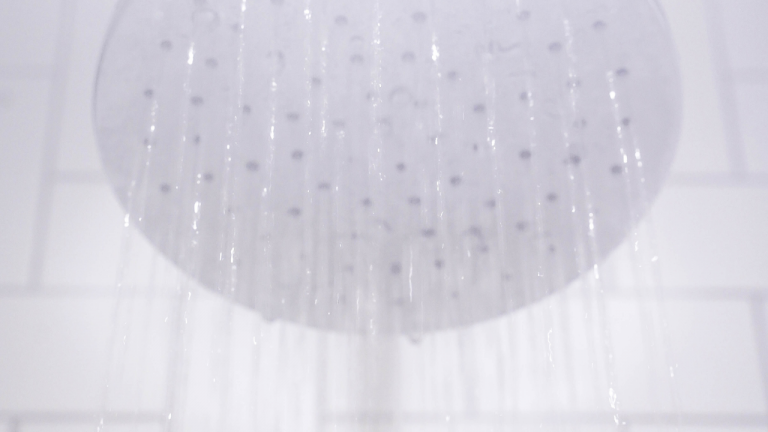The Female Endocrine System

The female endocrine system is a complex network of glands and hormones that regulate various physiological processes throughout a woman’s life. These hormones play a crucial role in reproductive health, menstrual cycle, pregnancy, and overall well-being. The key glands involved in the female endocrine system are:
Hypothalamus: The hypothalamus, a small region in the brain, acts as the control center for the endocrine system. It produces hormones that regulate the pituitary gland’s activity, particularly gonadotropin-releasing hormone (GnRH), which stimulates the release of hormones from the pituitary.
Pituitary Gland: Often referred to as the “master gland,” the pituitary gland is a pea-sized gland located at the base of the brain. It produces and releases several vital hormones, including:
Follicle-Stimulating Hormone (FSH): FSH plays a key role in the development and maturation of ovarian follicles in the ovaries.
Luteinizing Hormone (LH): LH triggers ovulation, the release of an egg from the ovary, and stimulates progesterone production.
Prolactin: Prolactin stimulates milk production in the mammary glands after childbirth.
Ovaries: The Ovaries are the primary female reproductive organs responsible for producing eggs (ova) and sex hormones, including estrogen and progesterone. These hormones regulate the menstrual cycle and play a crucial role in pregnancy and childbirth.
Thyroid Gland: The thyroid gland, located in the neck, produces hormones, primarily thyroxine (T4) and triiodothyronine (T3). These hormones are essential for regulating metabolism and energy levels in the body.
Adrenal Glands: The adrenal glands, located on top of each kidney, produce hormones such as cortisol, which helps the body respond to stress and small amounts of androgens (male hormones).
Pancreas: The pancreas produces insulin, which regulates blood sugar levels. Although insulin is not specific to females, imbalances can affect reproductive health and pregnancy.
Hormones and Their Functions in the Female Endocrine System:
Estrogen: Produced primarily by the ovaries, estrogen plays a central role in the development of female reproductive organs, regulation of the menstrual cycle, and preparation of the uterus for pregnancy.
Progesterone: Also produced by the ovaries, progesterone works together with estrogen to regulate the menstrual cycle and prepare the uterine lining for the implantation of a fertilized egg. It is crucial for maintaining pregnancy and supporting early fetal development.
Testosterone: Although often thought of as a male hormone, females also produce small amounts of testosterone in the ovaries and adrenal glands. It plays a role in maintaining bone density, muscle mass, and libido.
Prolactin: Produced by the pituitary gland, prolactin stimulates milk production in the mammary glands during breastfeeding.
Thyroid Hormones (T3 and T4): Regulate metabolism and energy levels, affecting various body functions, including menstrual cycles and fertility.
The female endocrine system is finely tuned, and hormonal imbalances can lead to various reproductive health issues, irregular menstrual cycles, infertility, and other conditions. Proper functioning of the endocrine system is essential for reproductive health, overall well-being, and the successful maintenance of pregnancy. If a woman experiences hormonal irregularities or concerns about her reproductive health, it is crucial to seek medical advice from a healthcare professional, such as an endocrinologist or gynecologist.



